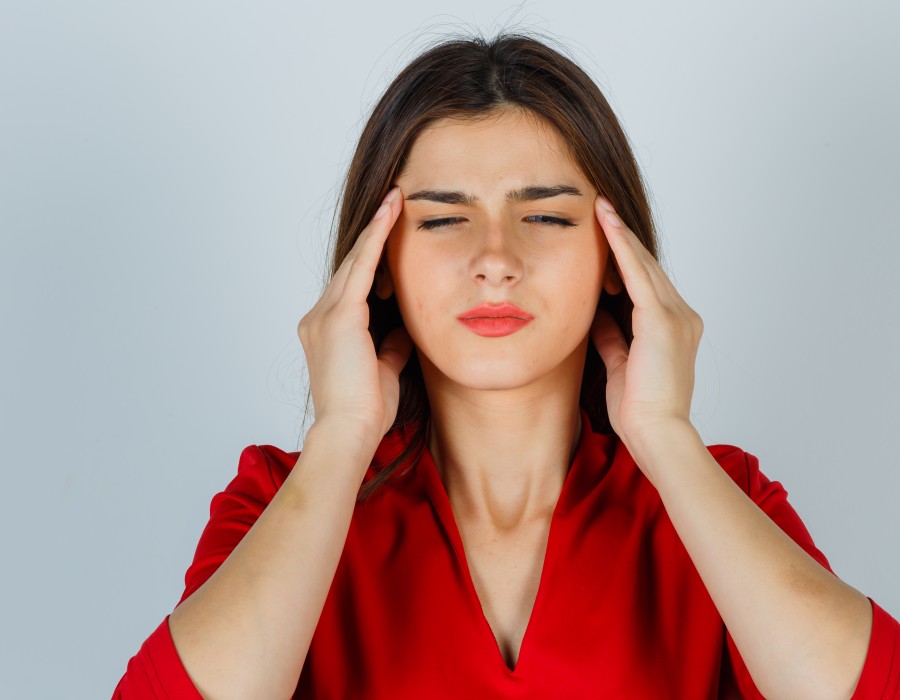Migraine is a neurological disorder characterized by recurrent episodes of moderate to severe headaches. The exact cause of migraines is not fully understood, but it is believed to involve a combination of genetic and environmental factors. Migraines can be triggered by various factors such as stress, hormonal changes, certain foods, lack of sleep, or sensory stimuli.
The symptoms of a migraine can vary from person to person but commonly include:
- Headache: Migraine headaches are typically pulsating or throbbing in nature and often affect one side of the head. The pain is usually moderate to severe and can last from a few hours to several days.
- Sensory disturbances: Many people experience sensory disturbances known as aura before or during a migraine. These may include visual changes (flashes of light, blind spots, or zigzag lines), tingling or numbness in the face or extremities, or difficulty speaking.
- Sensitivity to light and sound: Migraine sufferers often become sensitive to bright lights (photophobia) and loud sounds (phonophobia). They may seek a dark and quiet environment during an attack.
- Nausea and vomiting: Many individuals with migraines experience nausea, sometimes accompanied by vomiting.
Treatment for migraines can involve various approaches, including:
- Lifestyle changes: Identifying and avoiding triggers such as certain foods, stress, irregular sleep patterns, or specific environmental factors can help reduce the frequency and severity of migraines.
- Medications: Over-the-counter pain relievers, such as ibuprofen or aspirin, may help relieve mild migraines. For more severe migraines or those that do not respond to over-the-counter drugs, prescription medications specifically designed for migraines, such as triptans or ergotamine derivatives, may be prescribed by a healthcare professional.
- Preventive medications: If migraines are frequent or severe, a doctor may recommend preventive medications to reduce the frequency and severity of the attacks. These medications include beta-blockers, antidepressants, anticonvulsants, or Botox injections.
- Pain management techniques: Techniques such as relaxation exercises, biofeedback, acupuncture, or applying cold or warm compresses to the head and neck may help alleviate migraine symptoms.
It's important to note that the migraines treatment plan for migraines should be personalized and may require the guidance of a healthcare professional, such as a neurologist or headache specialist, to determine the most appropriate approach for each individual.





Comments